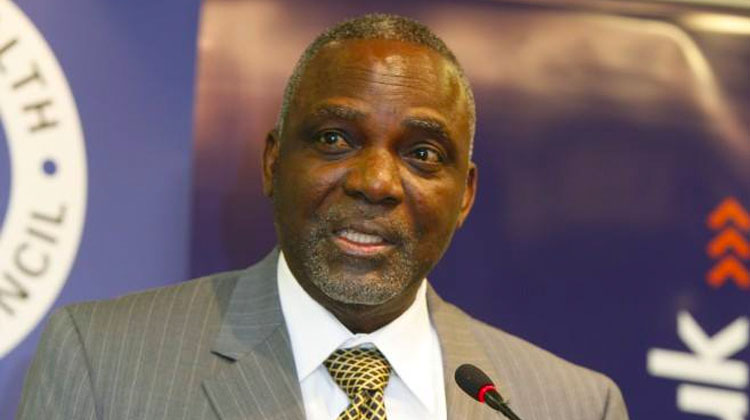Former Minister Prof Barth Nnaji has advocated for the replication of the success achieved by the Abia Power Project in other states across Nigeria, particularly in Lagos.
Nnaji, who is also the Chief Executive Officer of Geometric Power Limited, the owners of the Aba power plant, stated the need of this initiative as a means to reduce reliance on the national grid.
The Abia Power Project, inaugurated recently with a capacity of 181 megawatts, has already begun supplying electricity to nine out of the 17 local government areas in Abia State. In an interview on Channels Television’s Sunrise Daily, Nnaji stated the potential for similar projects to be implemented in strategic locations where there are economic and industrial activities.
“You can do it in Eko, you can do it in Ikeja, you can do it in Kano, you can do it in Kaduna, various places where you have economic activities, industrial activities,”
“If you begin to look at the possibility of all of them eventually expanding, then that’s what can help the country. You need to have a tight generation and distribution, not generation that has no direct relationship between generation and distribution.
“It is possible for this to be replicated throughout the country. And it will be a very good way to not have to rely on the national grid power arrangement.”
Nnaji likened the project to an “ink approach,” suggesting that the success in Abia could spread to other regions if replicated. He stressed on the need for a tight generation and distribution system that can ensure reliability by exceeding power requirements.
He was upbeat about how the Abia Power Project would affect regional businesses particularly in the Aba area, known as the industrial hub of Abia State. He believes that industries that had been negatively impacted by power outages would recover.
“Some products are made here that can now be seamlessly done. The leather products industry, for example, very big business area, shoes, belts, and handbags can be made from hides coming from the northern part of Nigeria. Some of the things that used to exist in Nigeria can begin to come alive.
“There was such a time when rubber coming from the Midwest would be used to make tyres in Ibadan, in Port Harcourt. Michelin, Dunlop and then brake parts, these bricks. All those things can now be made because of electricity availability.”



